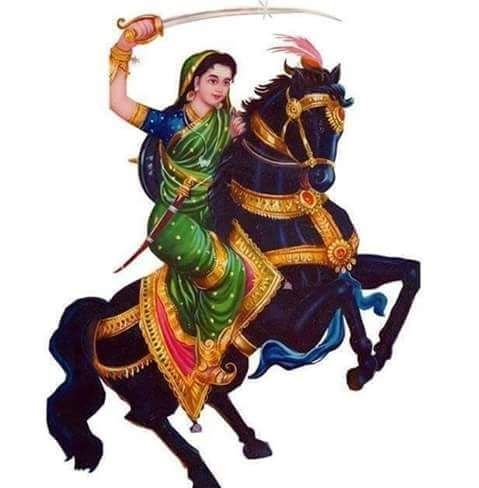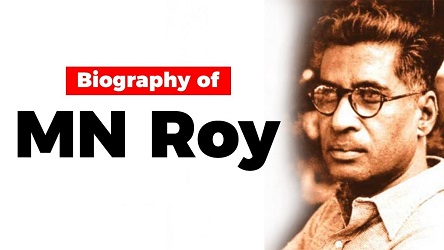Kittur Rani Chennamma, a name etched in the annals of Indian history, stands as a symbol of courage, resilience, and indomitable spirit. Born on October 23, 1778, in the princely state of Kittur in present-day Karnataka, Chennamma’s story is one of defiance against colonial oppression and unwavering commitment to her people’s freedom. In this narrative, we delve into the life and legacy of Kittur Rani Chennamma, tracing her remarkable journey from a noblewoman to a fearless warrior queen.
Early Life and Ascension to the Throne
Kittur Rani Chennamma was born into the Desai family, a noble clan that ruled the principality of Kittur. From a young age, she displayed intelligence, courage, and leadership qualities, which earned her the admiration and respect of her subjects. Following the death of her husband, Raja Mallasarja, Chennamma ascended to the throne as the queen regent of Kittur, becoming one of the few female rulers of her time.
Resistance Against British East India Company
Chennamma’s reign coincided with a period of increasing British influence in the Indian subcontinent, as the British East India Company sought to expand its territorial control. In 1824, the British attempted to annex Kittur, citing the Doctrine of Lapse, a controversial policy that allowed the British to annex princely states with no male heirs. Refusing to accept the unjust annexation, Chennamma took up arms against the British, leading her people in a valiant struggle for independence.
The First War of Independence (1824-1825)
The resistance led by Kittur Rani Chennamma against the British forces marked the beginning of the First War of Independence in southern India. Chennamma’s army, composed of loyal soldiers and civilians, fought fiercely against the British troops, inflicting significant casualties and thwarting their attempts to capture Kittur. Despite facing overwhelming odds, Chennamma remained resolute in her determination to defend her kingdom and preserve its sovereignty.
Betrayal and Imprisonment
The British, recognizing the formidable challenge posed by Chennamma’s resistance, resorted to treachery in their bid to subdue Kittur. In a deceitful act, they lured Chennamma into negotiations under false pretenses and subsequently captured her. Despite her captivity, Chennamma’s spirit remained unbroken, and her defiance continued to inspire her people in their struggle against colonial oppression.
Legacy and Impact
Kittur Rani Chennamma’s courageous stand against the British occupation left an indelible mark on the pages of Indian history. Her unwavering commitment to her people’s freedom, even in the face of overwhelming odds, earned her the admiration and respect of generations to come. Chennamma’s legacy serves as a beacon of hope and inspiration for all those who aspire to uphold the principles of justice, equality, and dignity.
Commemoration and Recognition
In recognition of her heroic resistance against British rule, Kittur Rani Chennamma is revered as a folk hero and freedom fighter in Karnataka. Her legacy is commemorated through various memorials, including statues, monuments, and cultural events, which serve as reminders of her extraordinary courage and sacrifice. Additionally, the Government of India has honored Chennamma’s memory by issuing postage stamps and naming institutions and awards in her honor.
Conclusion
Kittur Rani Chennamma’s life story is a testament to the power of courage, resilience, and determination in the face of oppression. Her unwavering commitment to her people’s freedom and dignity serves as a timeless example of leadership and sacrifice. As we reflect on her legacy, we are reminded of the enduring spirit of resistance that continues to inspire people around the world in their quest for justice and liberation.






